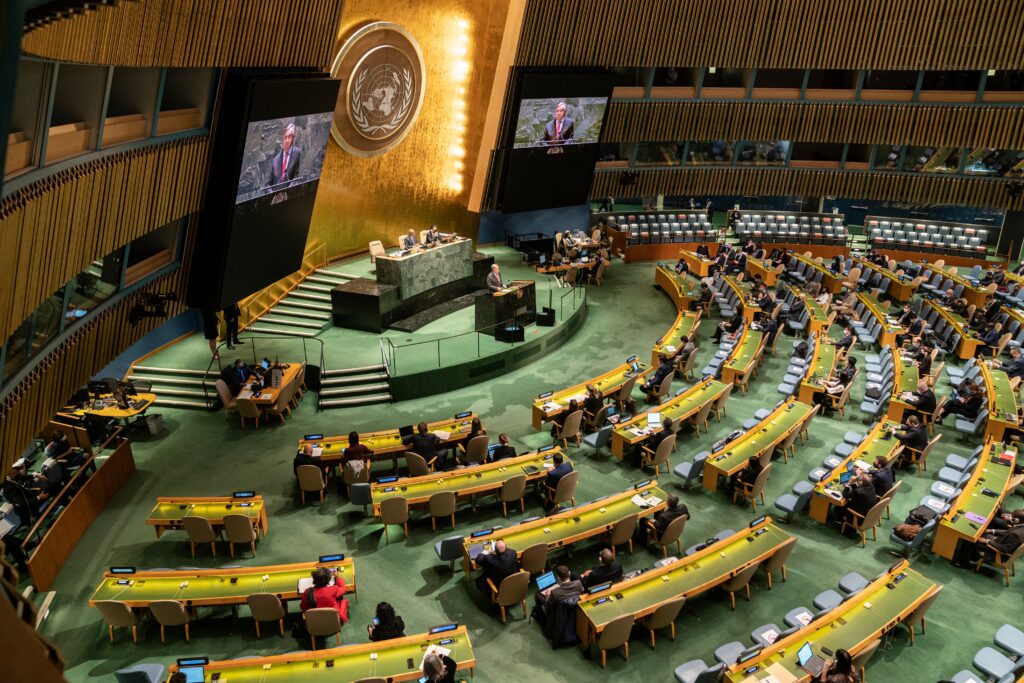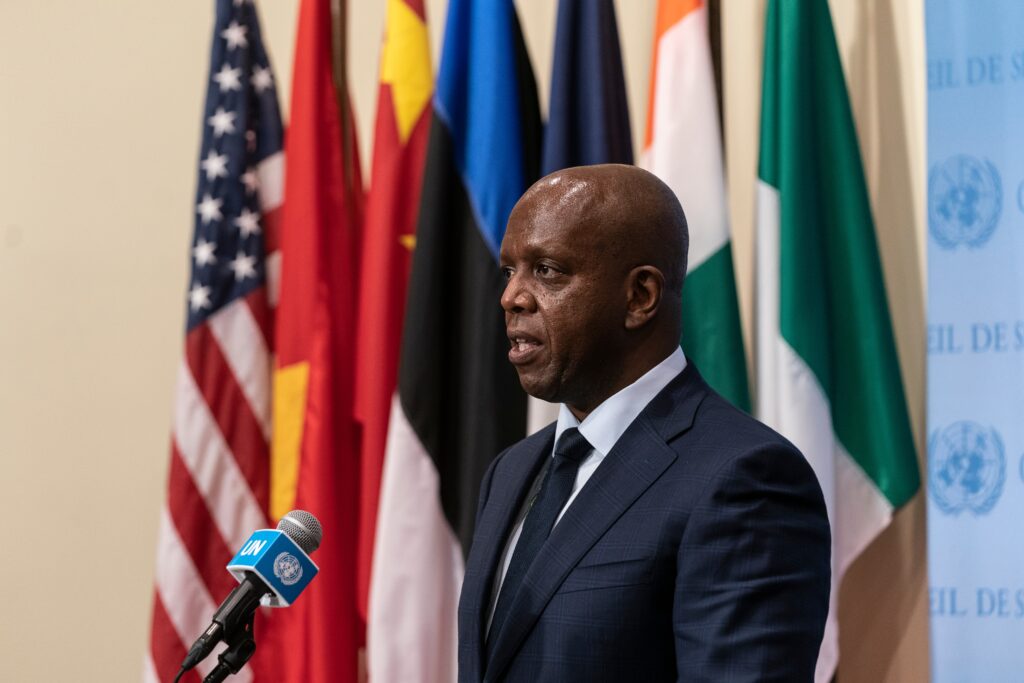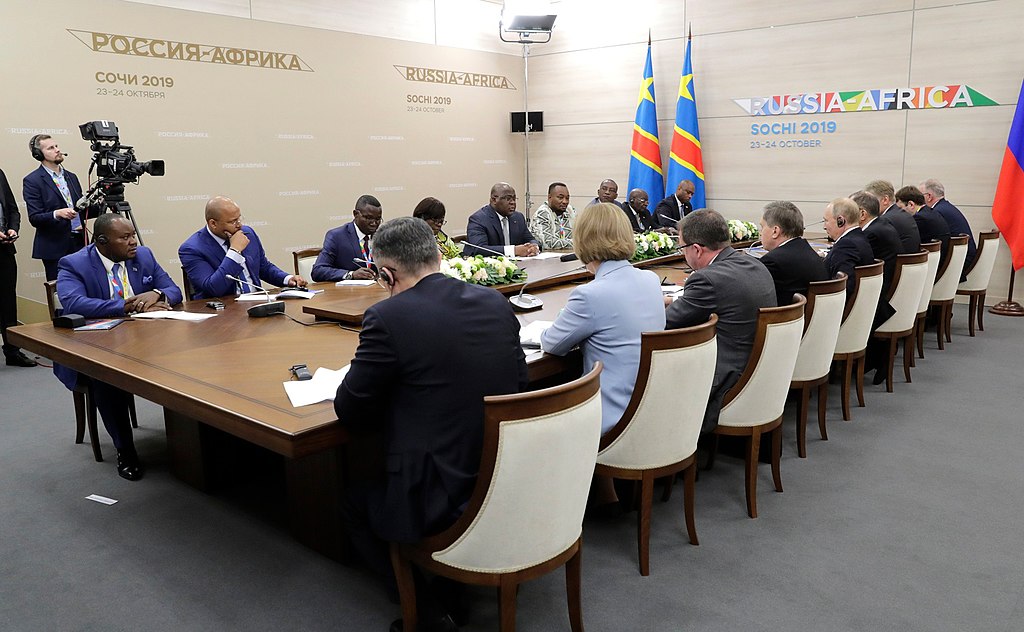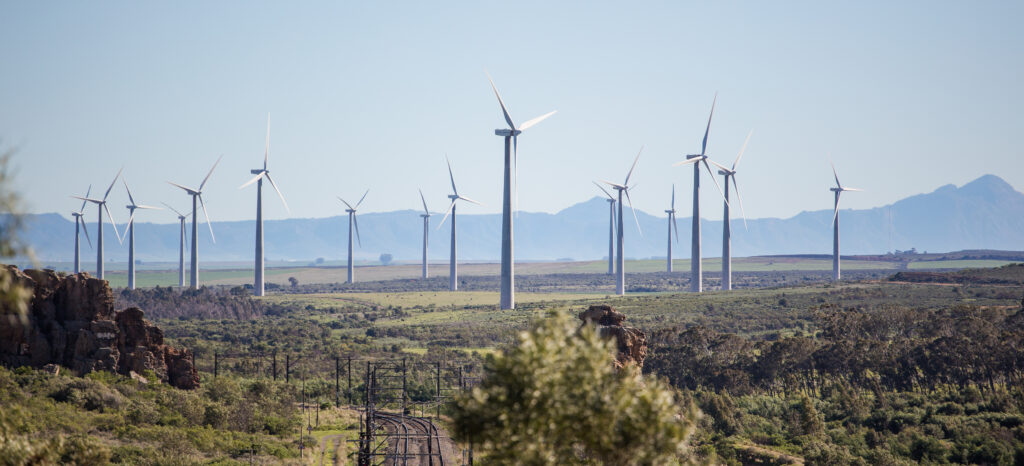Despite months of diplomatic talks, the Russian invasion of Ukraine is now a fact, and a humanitarian crisis is unfolding in front of the world’s eyes. The security situation in Europe is the worst it has been in decades and could potentially put the entire European security order at risk. In contrast to what President Putin might have thought, the current situation has unified the West and democratic forces across the world in an unforeseen and entirely unprecedented way.
At the initial stage of the invasion, the focus was on the reactions from the West — mainly the US and the EU — but now eyes are starting to turn to the rest of the world, especially China. Thus far, China has not given a clear-cut answer to the Russian invasion. On the one hand, China has avoided calling it an invasion, but on the other hand, it has offered to mediate to reach a ceasefire. Other leaders, such as the Turkish president and the Israeli prime minister have also offered their support to find a diplomatic solution to the war.
Also the United Nations has spoken out against the Russian invasion of Ukraine: Not only Secretary-General Antonio Guterres strongly condemns it, but the UN General Assembly has voted on a resolution that calls for the immediate withdrawal of all Russian troops. 141 out of 193 countries voted in favour, 35 abstained, whereas 5 states, namely Belarus, North Korea, Eritrea, and Syria voted against, in support of Russia. Amongst those who abstained, we find China and several African countries.


Russia’s ties to Africa
Russia has a strong presence on the African continent, and for this reason, we will take a closer look at the immediate impact on the relations between Russia and the African countries, but also reflect on the potential long-term effects.
The African Union has joined the UN in the condemnations against the Russian attack on Ukraine. However, the African continent seems quite divided in its view of the current situation. Only a narrow majority voted in favour of the UN resolution to condemn the war, while little less than half abstained or did not record a vote. Nonetheless, we have also seen examples of African leaders expressing strong criticism, such as the permanent representative of Kenya to the United Nations, Ambassador Martin Kimani, in the UN General Assembly. He stated that:
“Rather than form nations that looked ever backward into history with a dangerous nostalgia, we chose to look forward to a greatness none of our many nations and peoples had ever known. We chose to follow the rules of the Organization of African Unity and the United Nations charter, not because our borders satisfied us, but because we wanted something greater, forged in peace”.
This speech shows that the Russian invasion of Ukraine reminds nations worldwide of brutal memories of historical wrongdoings in other places and continents.


The immediate consequences of the Russian invasion have resulted in increased global oil, energy, and food prices that will have a particularly negative impact on many developing countries in Africa still heavily reliant on fossil fuels. There is a high risk that African states, already severely affected by the Covid-19 pandemic, will face even greater challenges that could endanger the efforts to fight poverty and promote sustainable development.
In the claws of Russia and China?
If we take a closer look at the external relations, the African continent has diversified its external economic and political relations during the past decades. This includes ever-closer ties to both Russia and China, with the latter being the largest foreign investor in Africa. Many experts believe there is a great risk that African states are being lured into a debt trap due to their inability to repay unfavourable loans to China. Analysts are now closely monitoring China’s reaction to Russia’s actions in Ukraine, which potentially could have negative spill-over effects.


Just as China, Russia has a clear ambition to expand its interests on the African continent. In 2019, the first summit between the Russian Federation and the African Union and leaders from its member states was held. Russia is prioritising both economic and political exchange with African states, especially in the mining industry and the military sector. Several West and Central African countries plagued by coups d’états have preferred to turn to Russia for support rather than UN peacekeeping troops.
In the Declaration of the First Russia-Africa Summit, it is stated that:
“…building on the friendly ties between the Russian Federation and the African States, the traditions of joint struggle for decolonization and independence of African States, as well as the rich experience of multifaceted and mutually beneficial cooperation that serves the interests of our peoples.”
“Joint struggle for decolonization” rhymes poorly with an attack on a sovereign and democratic state with the motivation that it is part of another state’s “sphere of influence”. What Putin wants is to embrace former Soviet republics, and possibly even beyond that, to rebuild a Russian superpower. It will be interesting to see whether African states will begin to rethink their relations with Russia. In the past, Russia has sought to present itself as an alternative to post-colonial Europe, which in various ways still has a complicated relationship with the African continent. However, the credibility of Putin’s Russia is likely to be damaged because of the conflict in Ukraine. Moreover, his real intentions to engage with and invest in Africa will come under closer scrutiny.
A chance for Europe?
Can this be a unique opportunity for the EU to reach out to African leaders and others who otherwise risk falling under the negative influence of authoritarian, non-democratic world leaders, such as Putin? The 6th EU-AU summit was held in Brussels on 17 and 18 February 2022. Unfortunately, the media coverage was overshadowed by the escalation of the Russian war in Ukraine. The EU-AU partnership has had difficulties delivering during the past years. The Covid-19 pandemic is of course a strong contributing factor to this, but other issues such as the shortcomings in managing safe and regular migration have also played an important role. In addition, the fact that the EU sets higher human rights and environmental standards, compared to other external investors, gives the EU a disadvantage when it comes to the EU’s trade relations with many African countries.


The summit was organised to inject new energy into the collaboration and to move away from outdated post-colonial dynamics by focusing on the post-pandemic recovery, green and digital transition, legal migration and protection of migrants’ rights, and enhancing security and gender equality while fighting extremism. The EU-AU partnership is part of a larger EU strategy that was launched by the end of 2021, namely the so-called “Global Gateway”. The underlying intention is to strengthen the EU’s presence globally and increase its influence on the global stage by contributing to sustainable investments in various areas. One of the main aspects of the strategy is to support the green transition through the expansion of renewable energy, which brings us back to one of the core issues of the ongoing conflict, namely dependency on fossil fuels and, in particular, Russian gas.
The Russian conflict demonstrates with considerable clarity the need to end European dependence on Russian gas. The African continent has extensive green energy resources in terms of wind, solar energy, and hydropower. This opens opportunities for deeper cooperation in the field of sustainable and fossil-free energy between the EU and AU, which could potentially also even out the power balance between the European and African continents by creating relations based on mutual recognition and collaboration.
Hopefully, the current crisis can create a window of opportunity for the EU-AU partnership; it could be a starting point of something better, more equal, a prosperous collaboration in accordance with the UN Agenda for sustainable development. The question is whether it is belated from the EU’s side when China and Russia have already gained such a strong economic position on the African continent. It is now up to the European and African leaders to move forward and put their common interests first for a sustainable and peaceful future.
Olivia Nordell




